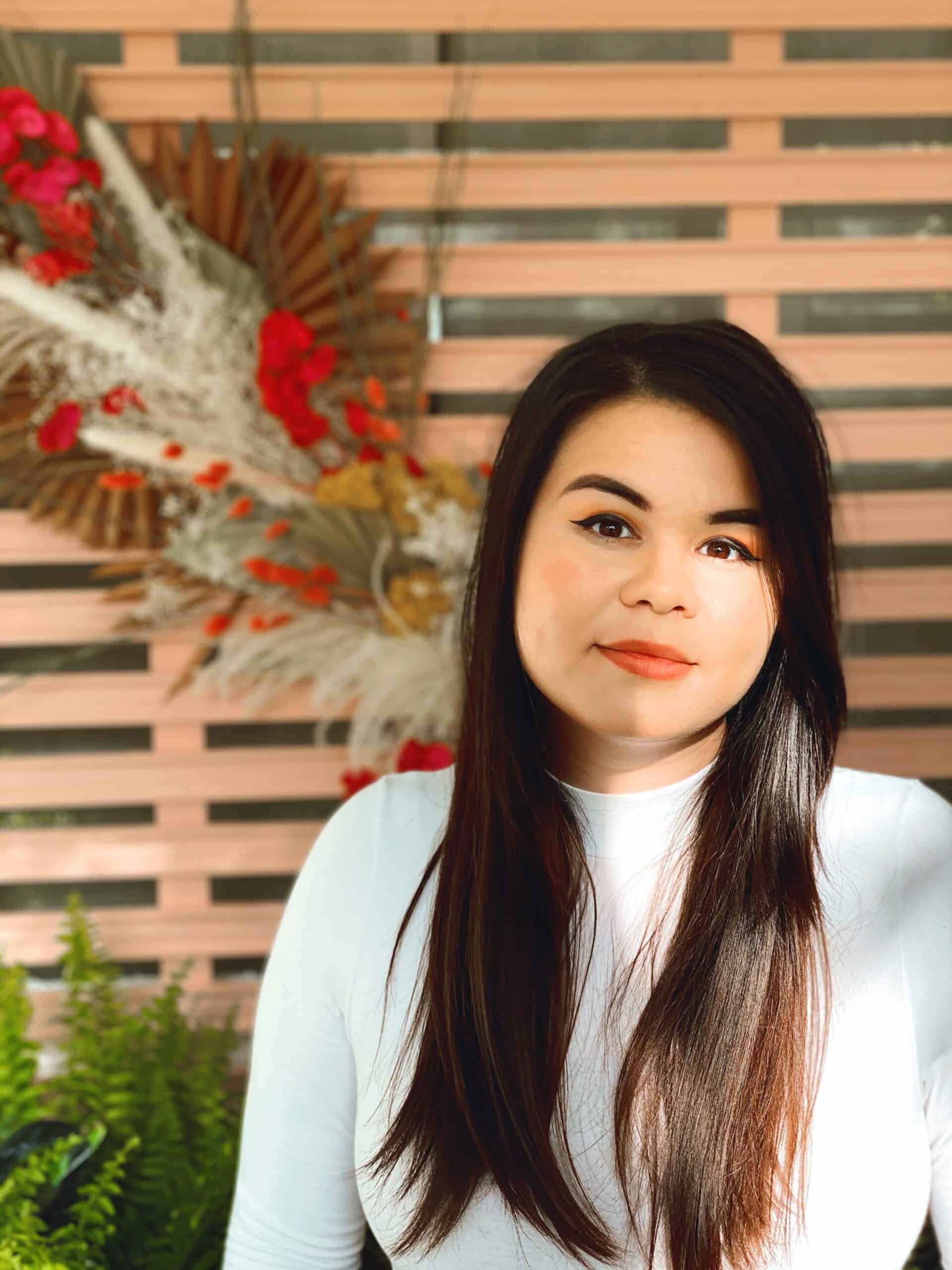Rose Robbins’ journey from a disciplined military career to becoming a successful author and entrepreneur is nothing short of inspiring. With twenty years of logistical expertise and a passion for history, Rose seamlessly transitioned into the creative world, turning her experiences and challenges into a thriving business and compelling stories. In this interview, she shares her insights on overcoming inner demons, balancing personal and professional life, and the importance of resilience and support when pursuing new dreams later in life. Rose’s story is a testament to the power of adaptability, determination, and the unwavering belief that it’s never too late to reinvent yourself.
What was the turning point that led you from a military career to writing and running a small business?
My 20 years were up. Unlike most other careers, you really can’t ‘age’ in the military. There are standards that must be met. Weight, speed, muscle strength, being able to rucksack 35 pounds for 12 miles in under 4 hours. Stuff that makes you sweaty and hungry. I still remember the day I finished a four-mile run and decided it just didn’t seem like fun anymore. My knees were starting to hurt, and Mary Kay wasn’t hiding the wrinkles anymore.
The limitation of time serving is not being disrespectful. On the contrary, it’s smart, as harsh as it may seem. The military needs to have a fighting force. Once you can’t hit those markers, you need to make way for someone who can. On the other hand, that was over twenty years of logistical experience. I knew how to balance nineteen different things and still find time to have coffee. I thrived on chaos and nicotine. So, what better way to spend the next twenty years than replicating the feeling of ‘oh-crap’ than to start my own business and write a book?
Can you share a specific experience from your travels or military service that significantly impacted your writing?
When I was 18, I was herded onto a plane and flown across the Atlantic to a foreign country that I had only heard about in history class. A country shrouded in history, fear, witchcraft, genocide, and death.
Germany.
I hate to admit that I stepped off the plane except to see grime concentration camps and red flags flying from city streets. The harsh sounds of the foreign language assaulted my ears. Everyone seemed angry, ready to take out their displeasure of the intruders on the naïve young American who dared enter their country wearing a uniform and carrying a duffle bag.
Why was I nervous? Because all I knew of the country was what I learned in school and documentaries. There was no Germany in my mind past the horrors of WWI and WW2, the Trier Witch Trials, and extreme executioners.
What I quickly learned was that I was wrong. I had been taught only a part of history that ‘sold well’ and played into our fascination with the gruesome. It was at this moment in my life that I realized I was missing a key part of my education— the ‘what then.’
I started asking about the German culture. I started going into the community and listening to the stories that locals wanted to share. The people didn’t want to be defined by one moment in time. They wanted their history to be celebrated, their customs acknowledged, and not be seen as monsters.
I enrolled in college and then used my travels across many different countries to focus on historical preservation—not just of the artifacts but of the oral traditions and mythology that created the cultures. I wanted to remember the people who were being lost to the victors of war and time.
How did you cope with the inner demons you mentioned, and how did writing become a therapeutic outlet for you?
War is a difficult experience to talk about. Especially when you have multiple deployments. The reality is that while a majority of the population supports the military, they don’t necessarily want to hear the gruesome details. Not when it touches so close to home.
That coupled with the fact that I am female.
Traditionally, females don’t go into battle. We don’t engage the enemy. We stay home and support the troops by planting gardens and sending care packages.
And then, all of a sudden, there was a generation of women that didn’t fit into the mold. We were carrying our worldly possessions in a rucksack. We knew how to assemble and disassemble weapons. We were in the middle of the battlefield, fighting for our lives and protecting those standing to the left and right of us.
Society tried to build programs to help returning service members. They created classes and support groups. The problem was that they were tailored to males. Females weren’t welcomed into the circle of trust—by both our brother-in-arms and by the public.
We were dismissed.
Years I had struggled with what I experienced and witnessed. For years, I tried to forget the images of losing my friends to the brutality of war. What I wasn’t allowed to do was talk about it. No one was willing to sit and hear about my shadows. I was being compared to all the other ‘real soldiers.’
So, my shadows grew. They became real, ingrained into me as thoroughly as my memories.
I needed to find a way to release them, and if no one wanted to hear my reality, then I decided to put them in a book—a fantasy series about a middle-aged woman who must deal with the shadows of history and fight off the lure of succumbing to the darkness.
The Raven Society helped me manage the shadows. I created a productive outlet where I could find the release I needed while still using my love of history to tell a story.
What challenges did you face in transitioning from a military career to pursuing creative and entrepreneurial endeavors, and how did you overcome them?
Let me tell you, those first two years after hanging up the uniform were painful. I lost my identity, my title, and my purpose. I was going to have to fight my way to the top in another career field. Now, mind you, I was 38 at the time. Pretty set in my ways.
I didn’t know how to play nice with others; civilian lingo was a foreign language, and the inner workings of corporate America didn’t make sense. Teams’ meetings, memos that should have been emails, emails that should have been memos, and follow-up meetings to circle back on follow-up meetings were exhausting.
I still remember hearing for the first time that ‘Jeans’ weren’t an acceptable form of business wear, and I couldn’t understand why. How were they any different than Yoga pants or slacks?
Looking back, that dress code really threw me for a loop. Was how I dressed a reflection of my capabilities? Did jeans make me dumber?
It took two years of ‘fighting against the system’ to realize that I had a choice to make. Either I was going to play the game, or I was going to have to make my own path. Thankfully, dusty books and hours behind a computer researching obscured mythology don’t care what you wear.
Writing books while wearing sweatpants wasn’t going to get me fired, and anyone reading my books wasn’t going to judge that I forgot to put on makeup and was wearing mismatched socks. They just cared that I told a good story and that my characters were relatable.
Freedom! Now, there are days when I go out into the public and have to meet the public. I have to engage and be engaging. And on those days, I do put care into my appearance. I put on my ‘war paint’. But, in true ‘Rosie’ style- I will probably be wearing jeans.
How do you balance your time and energy between writing, managing your business, and personal life?
Balance? I don’t know if you can say that there is a balance. Not yet, at least. I think all small business owners and artists can agree the first five years of their careers are not balanced. Not in the traditional sense.
My goals are balanced. I am a goal-oriented person. Check marks and graphs make me happy. It helps that I keep a set schedule. I study trends and business reports. I watch what other moves people are making in my career field and see if it’s something that I can put in my toolbox to use. As long as it doesn’t go against my moral compass, I am watching from the sidelines and taking notes.
Knowing that I have 2-year, 5-year, and 10-year goals makes the balance easier. I know when I can slack a little and ‘smell the roses’ and when I need to say no to going to the local brewery for a night out on the town.
Without those goals, I would be in a whirlwind, and nothing would get accomplished. The Raven Society would still be a work in progress, and I would have never moved on to my next book, The First Wanderer.
What advice would you give to women considering a major career change or starting a new creative project later in life?
Now, this advice is coming from a person who has made more mistakes than I want to admit, but here is one piece of advice: Life is full of chances. Historically speaking, all the ‘Greats’ have taken a chance when everyone else said they would fail. It’s up to you to decide how dedicated you are to your craft. How much time and effort are you willing to give to get to the top of the mountain? Are you willing to take the chance, knowing there is a high probability that you will fail?
If the answer in your heart is YES, then strap on that parachute.
I watch a lot of sports documentaries, not because I like sports, but because they remind me that no one makes it to the Olympics without a lot of struggles—struggles that no one is ever going to see. Days of working long hours, limping home exhausted and defeated.
The mark of a warrior is if they get up the next day to fight another battle.
Can you share any insights or lessons you’ve learned from your experiences that could benefit other women in similar situations?
Once upon a time, women were not thought of as warriors. Which is historically laughable because some of the fiercest warriors were women. There is a balance between becoming a warrior and staying true to what makes us different from our male counterparts.
It’s finding the balance. I am a warrior, yes. I can fight my battles and not run from conflict. But I am a woman first—a mother, a wife, and a caretaker. I like getting my nails and hair done, but I also ride a Harley. I am willing to get dirty, but I also take pride in keeping a clean house and taking care of the people who live in it.
Build a tribe. Which ironically may not be those close to you. You want to be a author? Then, find other authors. You want to be a painter? Then, find other painters. These are the people who will have insights into the world that you can’t get off of Google.com. These are the people who will support you during the dark moments and celebrate the small wins.
Don’t be discouraged when it takes a long time to build your tribe and career. I learned the hard way that I couldn’t just jump into the close-knit author world and expect to be respected just because I wrote a book. I had to give before I could take. I needed to be humble and respectful of their experiences.
Humbleness is a difficult emotion. It almost feels like you are cowering in a dark corner, hoping someone notices you. However, in the last four years, I have discovered that it is the most important attribute a person can have.
As you climb that mountain, you will find there are people coming behind you, tied to the same rope and driven by the same goals. We are all blazing a trail for future generations of women to take. Make the path a little easier for them. Remove some of those barriers. Kick away those boulders and chop down those pesky thorny bushes.
In the end, it will only help to serve your purpose. Your net worth is only as good as your network.
What future goals do you have for “The Raven Society” and The Constrictor Den, and how do you plan to achieve them?
Unfortunately, sometimes you fail—or, in my case, gracefully admit defeat. The Constrictor Den, which was a lifelong dream of my husband and which I then inherited, did not succeed. The passion we shared for the reptile world, rescue, and education was not viable in this economy.
When we closed our doors, it was heartbreaking. It was not an easy decision, but sometimes passion does not equate to financial success. This is a hard lesson for anyone who wants to start a business: You don’t always win.
Together, as partners, we had to take a long, hard look at what was sustainable and what would get us to our ultimate goals. We had to balance our personal goals, our retirement goals, and our passion with reality. In the end, we found ourselves in a position that couldn’t sustain the business for the next couple of years of uncertainty.
I am eternally grateful and in awe of my husband. His dream died when the economy failed. And instead of being angry or resentful, he shifted his drive to helping me succeed. I am truly thankful.
This is my last piece of advice: When you find a partner who will move mountains for you, hang on to them. They will be the ones that stand beside you when the shadows are the darkest and hold a lantern so you can find your way home.
Website: https://rlgeerrobbins.com






